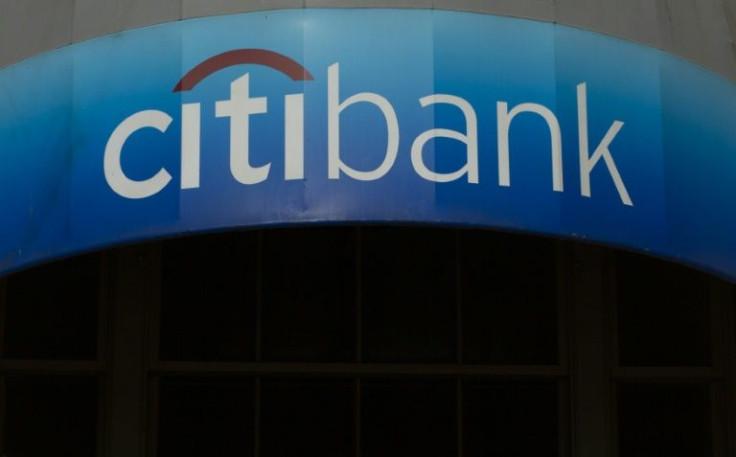Investment Bank Citigroup Begins Role Review For November Layoffs: Report

KEY POINTS
- Some roles will be eliminated, others will be retained and new positions may be created
- Some affected employees may be eligible to apply for other open roles
- Citi previously announced a "significant" restructuring in management levels
Investment banking company Citigroup has started reviewing roles as part of a restructuring that will see some positions eliminated and new roles possibly created. Results of the review are scheduled to be announced in November.
As part of the upcoming structural changes next month, Citi managers are reviewing their departments to determine which roles should be retained. "Some roles will change, new roles may be created, and roles that do not fit our new structure will be eliminated. This next layer of change is scheduled to be announced in November," Sara Wechter, Citi's chief human resources officer, wrote in a global memo issued Wednesday and seen by Reuters.
Employees who will be affected by the restructuring may be eligible to apply for other positions in the company. Others whose roles cannot be retained and will not re-apply for other positions will be offered severance pay and notice periods where eligible, the memo reportedly said.
"The changes we announced (in September) were at the Executive Management Team level and now we are working on the next level down," a spokesperson for Citigroup told International Business Times. The spokesperson declined to provide details about the exact number of employees that will be affected by the restructuring and which departments will be affected as the bank was currently "sorting out those organizational changes."
Commenting on the reason for the restructuring, the spokesperson said "it was done in an effort to align our organizational structure with the strategy that we announced in 2022, which included a more streamlined organizational model."
More information about the restructuring will be provided during the bank's 4th quarter earnings presentation, the spokesperson added.
News about the global memo came less than a month after the bank announced "significant changes" to its organizational model that should simplify the New York-based bank.
"The new, flatter structure elevates the leaders of Citi's five businesses and eliminates management layers, which will speed up decision making, drive increased accountability and strengthen our focus on clients," the company said in a press release.
The changes should eliminate "unnecessary complexity across the bank" and help in delivering excellent client service while also improving Citi's ability to "benefit from the natural linkages that exist amongst our business," CEO Jane Fraser said at the time.
While Citi did not reveal the exact number of employees affected by the restructuring, it said the Personal Banking & Wealth Management and Clients Group management layers will be eliminated. The regional management layers in Asia Pacific, Europe, Latin America and Middle East and Africa will also be let go.
Citi added that the bank will "swiftly" transition to the new organizational model.
Efforts to overhaul the company came months after Citigroup chairman John Dugan tried to reassure shareholders over the company's sluggish share price.
"We completely understand" the frustration of shareholders regarding the stock, he said during the bank's annual meeting in April.
Citigroup's woes started last year after regulators found weaknesses in how the bank was managing financial data following a review of American banks, specifically their so-called living will plans. In the November 2022 review that included eight U.S. banking institutions, Citi was the only bank found by regulators to have lapses in its resolution plan.
Despite its regulatory problems, Citi is one of the biggest U.S. banks that stood steadfast even as the American banking community struggled with the global financial downturn earlier this year. It helped shore up First Republic after it collapsed in February following the downfall of Silicon Valley Bank and Signature Bank.
(Updated at 9:03 a.m. on Oct. 5, 2023. This article has been updated to include the comments of a Citigroup spokesperson.)
© Copyright IBTimes 2024. All rights reserved.












